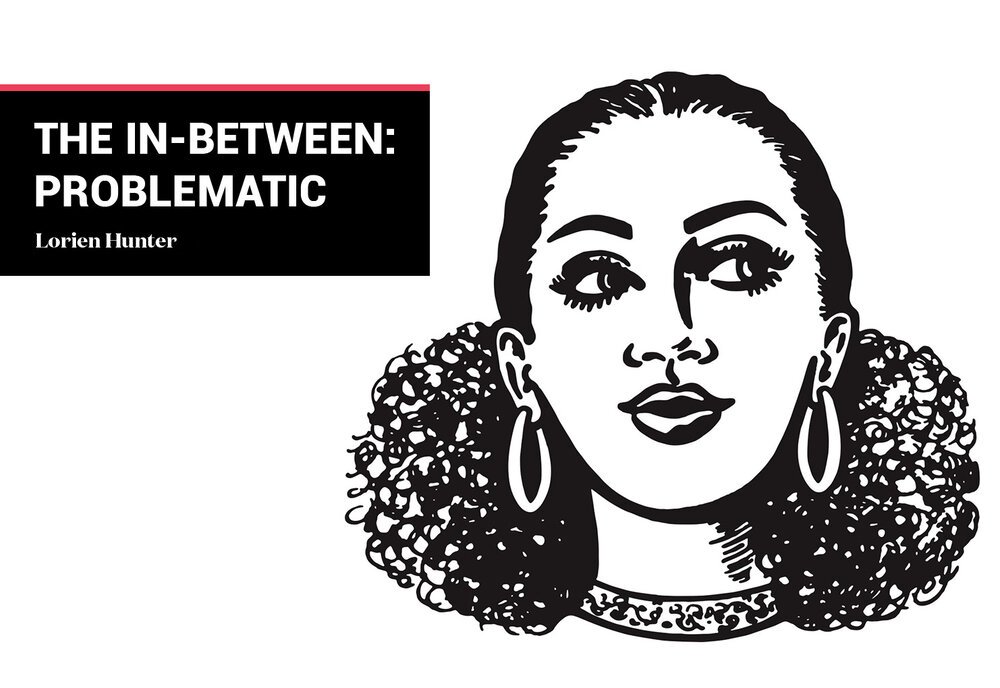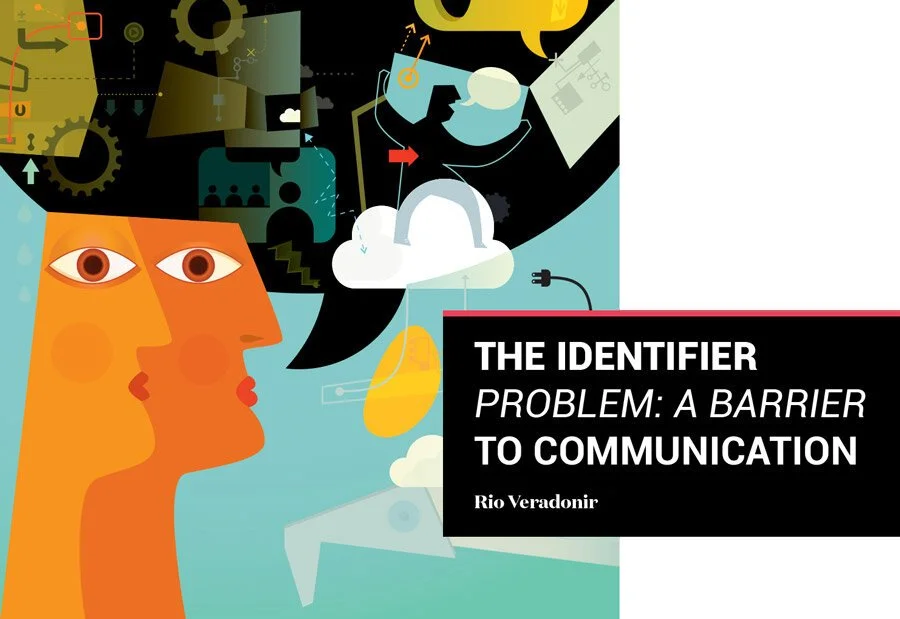Zach and the City: A Word For Us
A fter living with my then-boyfriend, his wife, and her girlfriend, I knew I would never be monogamous again. Even though things weren’t perfect and we eventually broke up, it was the healthiest and most communicative relationship I had ever been in. Through it, I came to realize that I was equipped to handle the problems that came with an ethically non-monogamous relationship better than a monogamous one, so after the relationship ended, I never looked back at monogamy.
Since our breakup, I have experienced all kinds of ethical non-monogamy (ENM). I have tried gendered monogamy (I was only allowed to hook up with other men, and she was only allowed to hook up with other women), been in throuples (committed relationships involving three people), and had plenty of monogamish arrangements (where we were mostly monogamous but made some exceptions for sexual play). No matter how “unconventional” these structures have been, there has always been a term to describe them. However, I now find myself at a loss for words to describe my current relationship, which is surprising given that it seems like we have a label for everything. Our solution has been to call ourselves “open” because this descriptor comes the closest, but it’s still not exactly correct. The gaps between the meaning of this word and how we actually occupy our relationship has made the limitations of language more obvious to me, and prompted me to wonder: what is the real value of labels?
Ryan and I met about a year ago, but we dated for a full six months before we started calling each other boyfriends. He began spending more nights at my Brooklyn brownstone than his own, and it made me realize how much I cared for him. When I asked him if he wanted to be my boyfriend, we were both sleeping with other people, but I made it clear that nothing really needed to change — I simply wanted to demonstrate my love, and that I didn’t see our connection ending anytime soon. Over the course of the next few weeks, we talked about it and decided to keep our relationship “open”, agreeing to discuss the experiences we had with other people more freely with each other.
This arrangement has been great for us, but it is somewhat different from what most people think of as “open.” For starters, we don’t have any rules. We can have sex with a person more than once; it is completely fine to have sleepovers with random folks; we are allowed to have penetrative sex even if the other person is not present in the room, and so on. We do, however, have one guiding principle: be considerate of one another. Thus, while we do not have a no-sleepover rule, if I haven’t seen Ryan in a few days due to conflicting schedules, I won’t set up a date with someone else on the one day we are both available. I wouldn’t do that because I know it would hurt his feelings, but more so because I genuinely want to see him — even more than the random Instagram model who wants to bone.
Our relationship also differs from what most consider “open” in other important ways. For example, we sometimes like to get to know another person before sleeping with them (shocking, I know!). I have also mastered the fine art of having sex with friends, which is usually a major no-no in open relationships. Occasionally, my partner and I even like having what I call a “24-hour boyfriend,” which is when you have a day (or two) where you act like serious partners with someone by holding hands in public, making out on the train, and acting lovey-dovey. Neither of us do this very often because we recognize we are playing with fire (what if one of us catches feelings?), but the fact that we do it at all makes our relationship notably different from what is traditionally meant by “open.”
Some people who hear this explanation of our relationship are quick to say that Ryan and I are polyamorous, and I understand the confusion. People in polyamorous relationships are open to romantically loving more than one person at the same time, and because neither Ryan nor I want to inhibit one another’s connections with others, our dynamic can sometimes be mistaken. I have even had folks go so far as to correct me when I explain our open relationship to them, or inform me that we should just call ourselves polyamorous anyway. The difference, I’ll reiterate to them, is that Ryan and I are not really looking for any other serious connections at the moment. I call him “my number one man” and he does the same. Neither of us want two “number one” men, and we aren’t really interested in having a close second or third man either.
The downside to there being no real language to describe our dynamic is that Ryan and I don’t have a playbook for what happens when one of us finds ourselves liking a person as more than a friend. When I recently took another man out on a (very) cute date to a French restaurant (where I paid) and then to three different new bars in Bed-Stuy, each with a different theme that spoke to our inside joke (yes, I am that good at dating), Ryan let me know that he was jealous. I asked him if he wanted me to not see the other guy again, and he said he would never ask that of me, but did request that I maybe calm down on the cute dates and save them for him (Can you blame him?). Of course, I agreed.
I know this may be a cliché sentiment, but I want Ryan to hang out with me because he wants to, not because he feels compelled to. It is clear that he feels the same about me, which is why he didn’t forbid me from seeing this man, but what if he finds himself in a situation where he really likes someone? Or what if this crush I have on the other man turns into something more serious? What if what was originally supposed to be a random Grindr hookup somehow turns into three dates, which accidentally turns into something more?
The truth is, I don’t know how I would respond. I would not want to impede Ryan from having another loving relationship, and I believe our connection can weather any problem (or person). But I can’t say I would feel hunky-dory and jump straight into a full-blown polyamorous relationship either (I _do_ get jealous — I am human after all!). While I have been polyamorous in the past and loved it, that is simply not what I am looking for at the moment. So, he and I would have to discuss the situation and figure something out that works for both of us, where neither feels restricted, but where we are both still getting our emotional needs met and not feeling “secondary” either.
So, what do we call this? How do I succinctly explain my relationship dynamic with Ryan to others? What type of relationship are he and I “technically” in? Should I start saying we are polyamorous even though we are not looking to fall in love with anyone else, or perhaps just keep maintaining that we are open even though this confuses people?
Again, I am not sure. Because there is no label to accurately describe the nuances of our relationship (and we aren’t interested in muddying the waters by attempting to make up a new one), we have just had to pick one that already exists, and “open” is what makes the most sense to us for right now. But whatever we decide to call ourselves, this experience has made it clear to me that it is ultimately just a label. Language is imperfect, so there will always be a gap between our lived experiences and the tools we have at our disposal to describe them. The value of language is not in its perfection, but in the ways it allows us to express ourselves and interact with others. My partner and I use it to express our love, to respect each other, and to communicate to the best of our ability our relationship dynamic with the other folks in our lives that we “see”. At the end of the day, that is all that matters.
Published Oct 17, 2019
Updated May 15, 2023
Published in Issue III: Language








